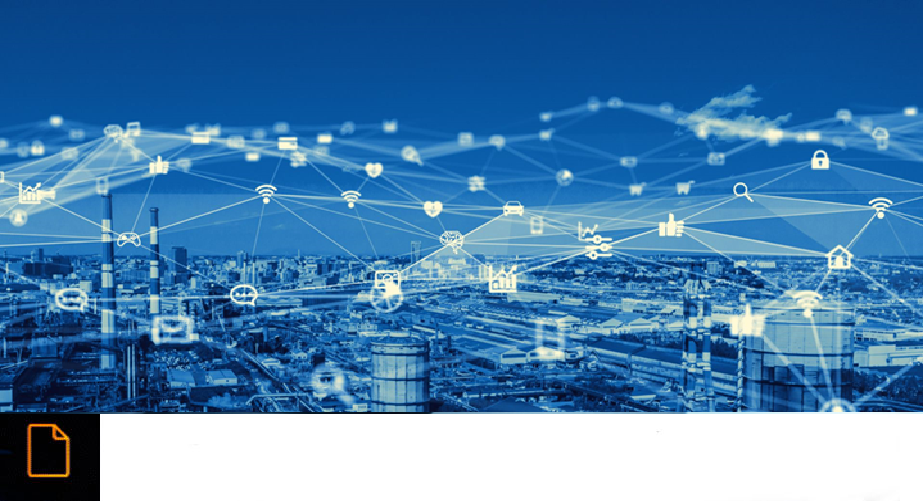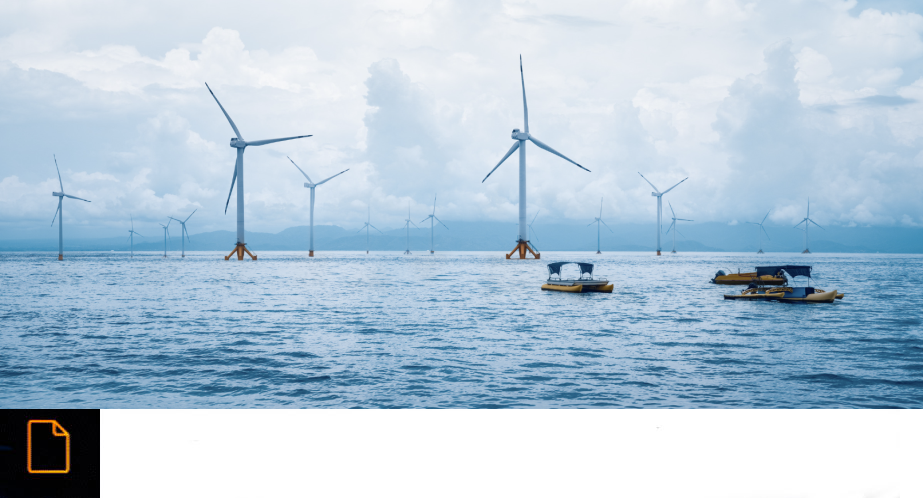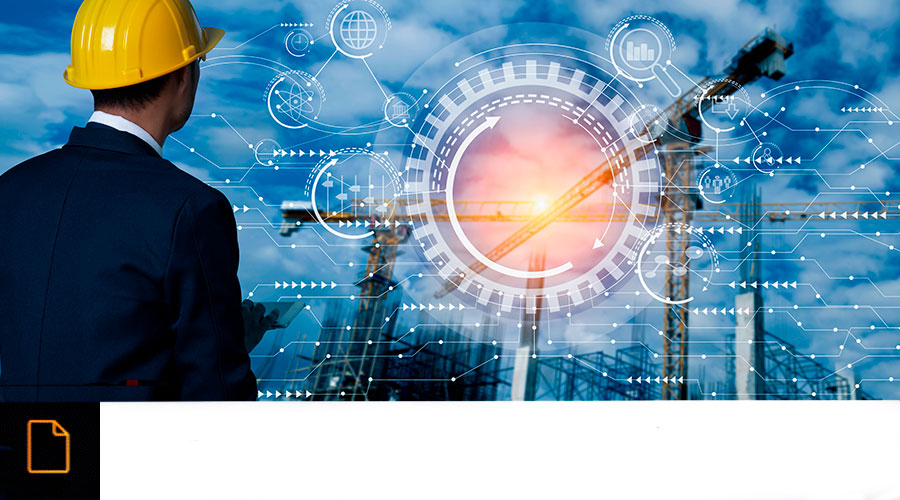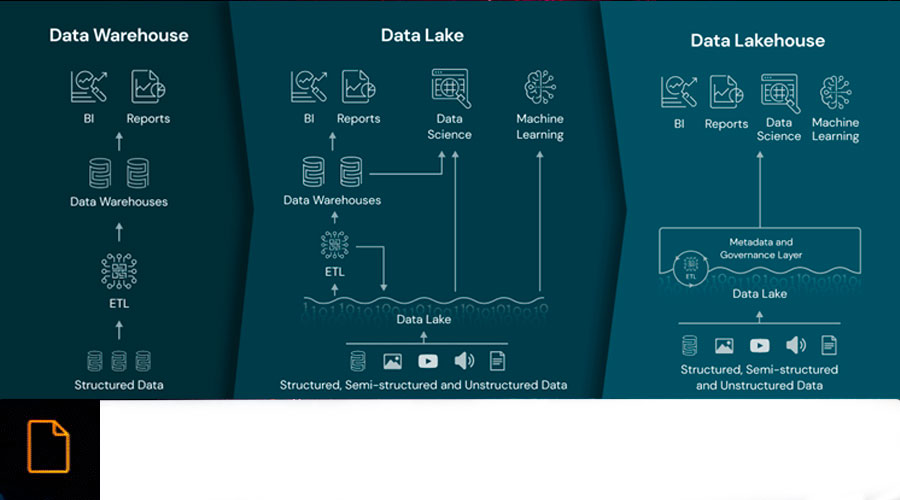THE DIGITAL TRANSFORMATION OF WATER
Written by Marketing
15 April 2023 | Digitalization of water | Article
A scarce resource now boosted by its alliance with technology
Exponential technologies are revolutionizing the way industries operate across all sectors.
The water industry is no exception to this trend, and is rapidly adopting technologies such as sensing, artificial intelligence (AI), machine learning, digital twins, and the internet of things (IoT) to improve prediction and management efficiency, and reduce maintenance costs. In this article, we explore the impact of digital transformation on the water industry and the role of these technologies in it.
Water is essential to human life, as it provides the most vital resource for our survival. The demand for clean drinking water is increasing due to population growth and climate change, which means that water companies and water management authorities must find ways to meet this growing demand in the most optimized and sustainable way.
And this is where new technologies applied to Industry 4.0 play a decisive role:
Sensors collect water information and data, such as quality, level and flow, and send it to a centralized platform for analysis. Sensors can be installed in wells, reservoirs, treatment plants, dams and other critical points in the water supply network.
Artificial intelligence (AI) and machine learning are powerful tools already being used for:
- Predicting water demand and thus optimizing supply. For example, predictive models can be used to anticipate water consumption in a city and thus adjust production to meet that demand.
- Early detection of leaks in the water supply network. Leak detection algorithms can analyze data from pressure and flow sensors to identify areas of the network that are leaking water.
- Real-time monitoring and supervision of water quality. Machine learning models analyze sensor data to identify the possible presence of contaminants. Water managers can then take preventive measures to protect public health and ensure water quality.
- Prediction and prevention of failures in water infrastructures, thus reducing maintenance costs and increasing efficiency.
Digital twins are virtual models that replicate the operation of physical systems in real time. They are created from data collected by sensors and other IoT devices, and are used to optimize the performance of water infrastructure.
Digital twins allow water managers to simulate different scenarios and assess how they would affect the water system. This supports informed decision making and reduces the risk of management errors.
Some statistical data that support with facts the advantages of digitalization in the water industry are:
- Reduction of water industry operating costs by 20 to 40%.
- Reduction of water losses of up to 10 million m3/year.
- Reduction of agricultural water use in certain irrigated areas by up to 40%.
At MonoM , we actively contribute to the digital transformation of this sector through our industrial AIoT platform, which optimizes the integrated management of assets and infrastructures of drinking water supply plants and networks.
We thus make possible the alliance of technology with one of humanity's most precious commodities: water.
We love the Industry, we love our Planet.
Sources:
1. Global Water Intelligence. Smart Water and Wastewater Plants: How a Digitized Workforce Drives Higher OPEX Reductions.
2. Water. Digitalization in the reduction of water losses.
3. Agroinformation. Smart agriculture already saves up to 40% of water in irrigated areas of Castellón, Alicante, Valencia and Murcia.
4. "Transforming Water Management through Digitalization" - WaterWorld: https://www.waterworld.com/international/utilities/article/16201750/transforming-water-management-through-digitalization











